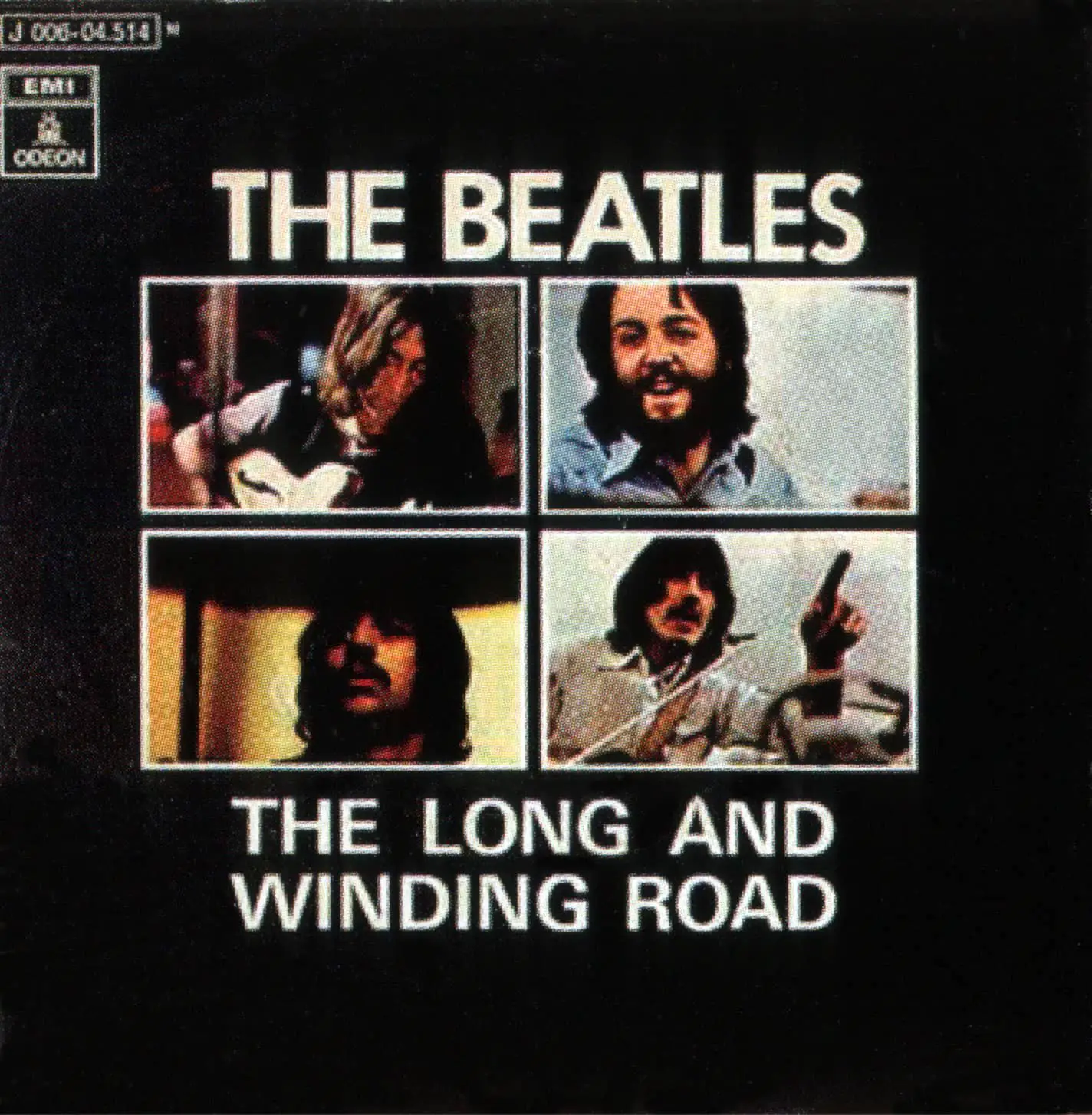2 June 2024 - Trinity 1: Deuteronomy 5:12-15, 2 Corinthians 4:5-12 and Mark 2:23-3:6
Before we set off for church this morning, how many of us checked that our phone was charged?
We know the anxiety of hitting the red bar, switching to power saving mode; carrying a charger or battery pack ‘just in case’.
When it comes to recharging, some of us might be more mindful of the health of our phones than our minds and bodies. Like our electronic devices, if we’re left on, if we keep going, we gradually run out of strength, energy and capacity.
There’s lots of advice out there for how to recharge: good sleep habits and eating well; taking time for exercise, getting out into the natural world as well as patterns of meditation or prayer.
Recharging feeds into what we need to rest.
At a fundamental level we need rest and connection: it’s part of the created order. The writer of Deuteronmy reminded God’s people of that - 6 days of labour and 1 of rest, not just for individuals but whole households. Human lives were to echo the divine pattern of creativity.
This commandment, this call to holiness, is in invitation into the rhythm of sabbath: of life lived with God and each other was rooted not only rooted in creation but in the call to freedom from slavery. It expresses liberation from labour not just symbolically but in concrete terms: for immigrants, dependents, employees and creatures
Loving God and neighbour includes a practice or rest - regardless of economic status.It has within it a concern for social justice and the fair treatment of others; remembering and protecting those who’re marginalised, rebalancing social and economic power.
The scholar Walter Bruggeman calls the sabbath an act of resistance and alternative.
In the face of the rat race of anxiety and pressures he says it is resistance because ‘it is a visible insistence that our lives are not defined by the production and consumption of commodity goods’.
He says that it is an alternative to ‘the demanding, chattering, pervasive presence of advertising’; an alternative to all those things which ‘devour our “rest time”.’
In our Gospel reading, Jesus underscores that sabbath is a principle for just, dignified and humane relationships. It takes us to the heart of God’s will for us - loving God, neighbour and self with all that we are is shaped by the substance of this call to rest. Rest is an expression of being faithful in love.
Rest is a gift from God; a sign of faithfulness and justice. Within it, there is the freedom not just to recharge from what we refrain from doing, or good habits of sleep and exercise. It also includes those restful goods of rejoicing, being present, hospitality, living lightly - relying on divine grace and delight not human force or coercion. It includes perhaps the gift of compassion as something sacred.
‘The sabbath was made for humankind’, says Jesus, ‘not humankind for the sabbath’.
Like all of us, the Pharisees in today’s gospel have their own values and convictions, preferences and commitments they regard as absolute. Like them, we might find that those things, however well-intentioned - can get in the way of compassion.
To be human means that sometimes we will set things in stone which block that channel of love. We will sometimes preserve those things which sustain or shape our faith, our habits and preferences, and miss the call to honour what is sacred. That might be the appropriate rest and care for ourselves; it might be the compassionate response to another.
Perhaps here in Hendon, we are acutely aware of the holy disruption of sabbath: streets quieter, shops closed, cafes falling silent as our Jewish brothers and sisters make space for worship, rest, households and food.
But what can we relearn from that pattern?
In a world where life runs 24/7, where work is both zero hours and every hour, where what we want is often but a click away; where news, filtered by algorithms, scrolls across our phones, how do we seek what is just?
When we face the pressure to juggle the demands of work, friends, interests, exams, family, chores can feel overwhelming or paralysing, where are our intentions met by rest and compassion?
When fear fragments and a lack of hope chills our hearts, how do we return to love? To that which is truly sacred and which shapes our lives?
There is something unsettling about the gospel story: as Jesus walks through fields and into the temple and challenges us about what we hold dear - or what we’re too holy, prideful, selfish or judgemental to notice.
It’s a story about being present and wholeness, about reaching out and the risk of hope. It’s a story which reminds us of the just rhythms of sabbath which will disrupt the relentless expectations - of rest and compassion, of love that notices what is around us.
As Bruggeman explores the traditions of interpreting Sabbath, he says this: it ‘is not simply a pause. It is an occasion for reimagining all social life away from coercion and competition to compassionate solidarity. Such solidarity is imaginable and capable of performance only when the drivenness of acquisitiveness is broken. Sabbath is not simply the pause that refreshes. It is the pause that transforms.’
There is something more to sabbath than following a human instruction manual - a physical plugging in waiting for the battery to top up. Rest is necessary for us, allowing exhaustion and grumpiness to be replaced by love; but there’s depth of solidarity too, a reimagining of what relationships and communities might be like as we attend to God and to ourselves and our neighbour.
Our Sunday worship is one such moment of pause: as wanderers through life we come ‘Nearer, my God, to thee, nearer to thee!’ Our anthem speaks of rest and mercy, and walking a path that allows us to rise upwards. God does indeed come near to us - in the words of blessing, in the bread of life and the wine of joy. God comes so near to us here that as Paul puts it we carry in ourselves the body of Jesus - so that his life might be visible in us.
However afflicted or perplexed, despairing or tired we are, we carry in us light and life and love. We have that treasure in clay jars - because this power comes from God, not us. It’s a power that, as our anthem reminds us, raises us up - may we take that song into our working week and our times of sabbath rest.
© Julie Gittoes 2024



